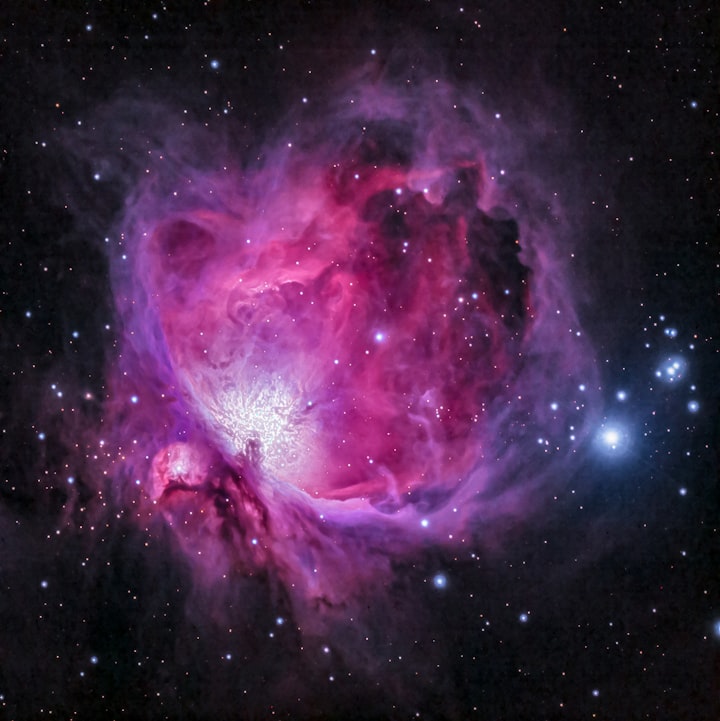
The concept of white holes in physics is like stepping into a mind-bending sci-fi movie. Picture this: while black holes devour everything in their path, white holes do the exact opposite - they spit out matter and energy like cosmic geysers!This means that if you somehow got into a white hole, you'd get blasted out the other side!
Imagine a portal to another universe, where instead of darkness and gravity, there's an explosion of light and unimaginable energy. It's like a celestial fountain, continuously shooting out particles and waves, creating a dazzling display of cosmic fireworks.
Now, here's the twist - white holes are still purely theoretical. Scientists have yet to observe one directly, but they exist in mathematical equations and theories. They serve as intriguing counterparts to black holes and provoke exciting discussions among physicists about the nature of space, time, and the universe itself.
So, while we can't physically visit or study white holes at the moment, their existence sparks our curiosity and expands our understanding of the vast cosmic playground we call our universe. Isn't that mind-bogglingly fascinating?
Of course! There are even some physicists who speculate that white holes could potentially be connected to wormholes, which are theoretical shortcuts through space-time. Wormholes are often depicted in science fiction as gateways to different parts of the universe or even different dimensions.
If white holes were connected to wormholes, it could open up exciting possibilities for space travel and exploration. Imagine being able to travel vast distances in an instant or explore distant galaxies that were previously out of our reach. It's truly mind-boggling to think about the potential implications of these phenomena.
Now here's where it gets really cool. Scientists think that white holes might be the exit point for black holes. So, when matter is pulled into a black hole, it's compressed into a singularity at the center of the black hole. But instead of getting destroyed, this matter could be ejected from the other side of a white hole, creating a new universe!
Even though no one has ever seen a white hole, scientists have come up with some ways to detect them. One way is to look for gravitational waves. These are ripples in the fabric of space that are created when really massive objects, like black holes, merge together. If a white hole existed, it would also create gravitational waves, but they'd be different from the ones created by black holes.
Another way to detect white holes is to look for their effect on nearby matter. If a white hole was pushing out matter, it would create a bubble of space that didn't have any matter in it. Scientists are looking for these bubbles, but so far, they haven't found any.
However, it's important to note that white holes are still purely theoretical at this point. While they make for fascinating topics of discussion and further our understanding of the universe, there is currently no observational evidence to support their existence.
Even though we haven't found any white holes yet, they're still really interesting to think about. They could help us learn more about black holes and the creation of the universe. Scientists are still studying white holes and trying to find new ways to detect them, so who knows what we'll learn next!
But who knows what future discoveries might bring? Maybe one day we'll have concrete proof of white holes and unlock even more secrets of the cosmos.





Comments
There are no comments for this story
Be the first to respond and start the conversation.